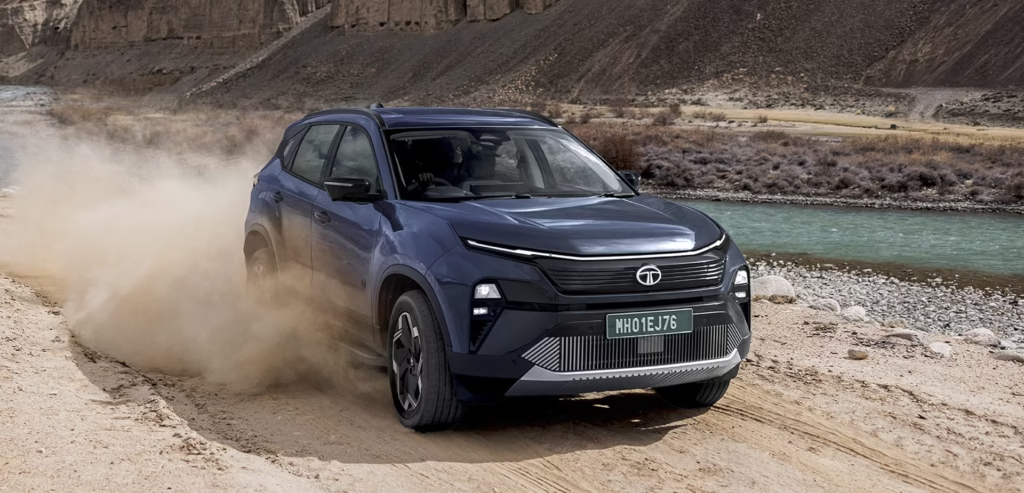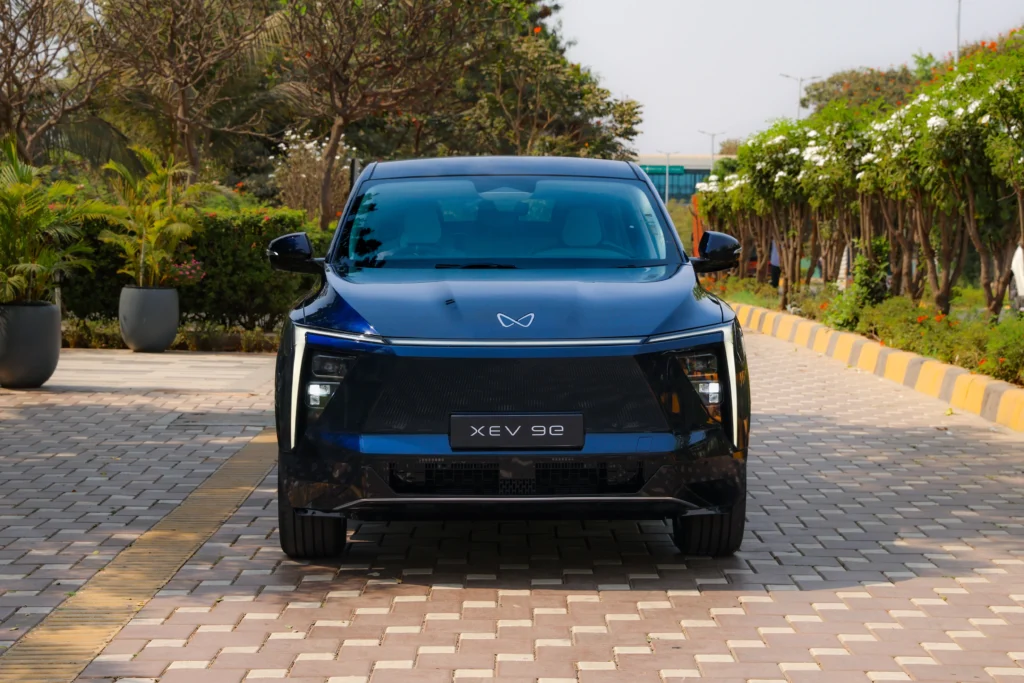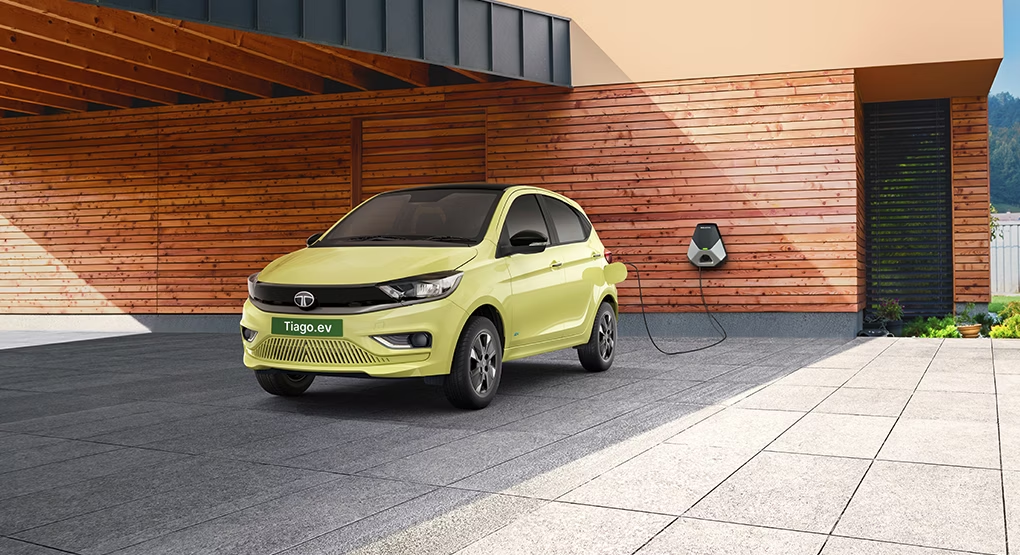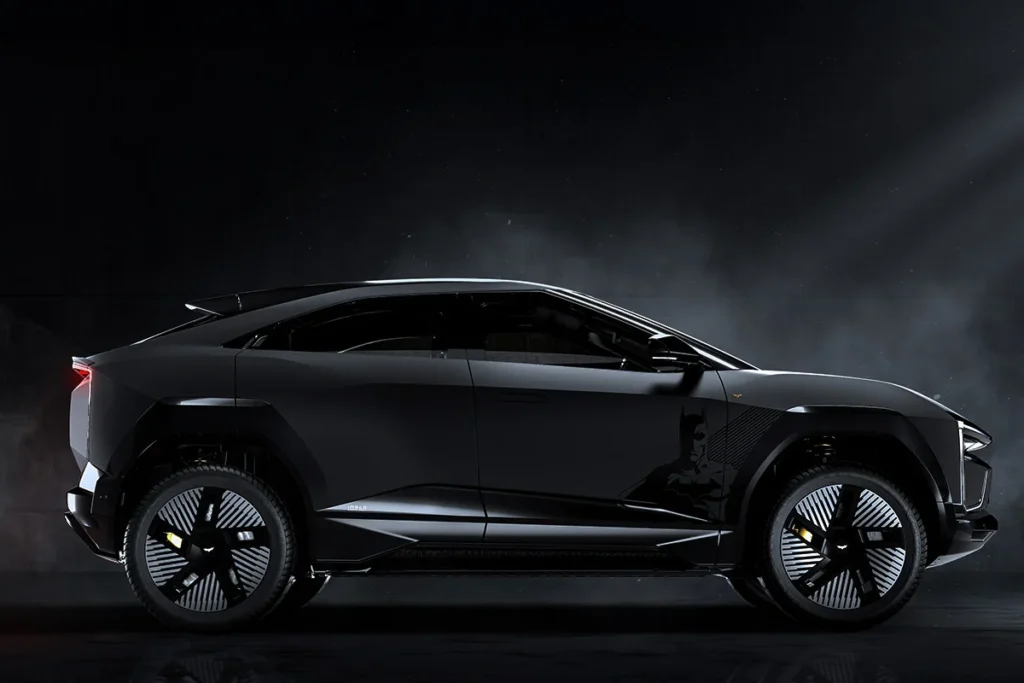The EV car sales August 2025 figures mark a watershed moment for India’s electric vehicle industry, with retail deliveries reaching an unprecedented 17,298 units—a massive 155% year-on-year increase from August 2024’s 6,787 units. This stellar performance not only represents India’s highest monthly EV sales figure for 2025 but also demonstrates the accelerating adoption of electric vehicles across multiple segments and price points.
Also Read: GST on EVs Above 20L May Rise to 18% – Big Impact on High-End Electric Vehicles and Buyers

Record-Breaking Growth in EV Car Sales August 2025
The EV car sales August 2025 data from the Vahan portal reveals remarkable momentum, with month-on-month growth of 7.46% over July 2025’s 16,097 units. Year-to-date EV sales for 2025 have reached 1,08,751 units, representing a robust 71% increase compared to 63,583 units in the same period last year. This exponential growth trajectory indicates that India’s EV market is moving beyond the early adopter phase into mainstream acceptance.
Monthly EV Sales Performance (Jan-Aug 2025)
| Month | 2025 Sales (Units) | 2024 Sales (Units) | YoY Growth (%) |
|---|---|---|---|
| January | 1,924 | 8,475 | -77% (anomaly) |
| February | 9,491 | 7,516 | +26% |
| March | 13,314 | 9,757 | +36% |
| April | 13,384 | 7,764 | +72% |
| May | 13,268 | 7,986 | +66% |
| June | 13,975 | 7,291 | +92% |
| July | 16,097 | 8,007 | +101% |
| August | 17,298 | 6,787 | +155% |
| Total | 1,08,751 | 63,583 | +71% |
Also Read: Maruti Suzuki e Vitara Production Begins – Global Exports to 100 Countries

Brand Performance Analysis in EV Car Sales August 2025
Tata Motors: Market Leader Despite Share Erosion
Tata Motors continues to dominate EV car sales August 2025 with 7,088 units, marking a 61% year-on-year increase and 13% month-on-month growth. However, its market share has declined from 64.68% in August 2024 to 40.98% in August 2025, indicating intensified competition. The company benefits from a diverse EV portfolio including the recently launched Harrier EV, along with popular models like the Punch EV, Nexon EV, and Curvv EV.
MG Motor: Aggressive Growth Strategy Pays Off
MG Motor India emerged as the second-largest EV seller with 4,759 units, representing a spectacular 231% year-on-year growth. The company’s market share increased from 21.17% to 27.51%, driven by strong demand for the Windsor EV and expansion into premium segments with models like the M9 MPV and Cyberster roadster through its MG Select dealership network.
Also Read: Upcoming Toyota Urban Cruiser EV 2026 – Specs, Features & India Launch Timeline
Mahindra: Triple-Digit Market Share Growth
Mahindra’s EV car sales August 2025 performance showcased remarkable growth with 3,495 units—a staggering 937% year-on-year increase. The company’s market share jumped from 4.96% to 20.20%, powered by its electric SUV lineup including the BE 6, XEV 9e, and XUV400.

Brand-wise EV Sales Performance (August 2025)
| Brand | Aug 2025 Units | Aug 2024 Units | YoY Growth (%) | Market Share 2025 | Market Share 2024 |
|---|---|---|---|---|---|
| Tata | 7,088 | 4,390 | +61% | 40.98% | 64.68% |
| MG | 4,759 | 1,437 | +231% | 27.51% | 21.17% |
| Mahindra | 3,495 | 337 | +937% | 20.20% | 4.96% |
| Hyundai | 584 | 42 | +1290% | 3.37% | 0.61% |
| BYD | 447 | 227 | +97% | 2.58% | 3.34% |
| Kia | 441 | 20 | +2105% | 2.54% | 0.29% |
Also Read: Top 5 Safest Electric Cars in India (Bharat NCAP)
Luxury EV Segment Shows Strong Momentum
The luxury segment within EV car sales August 2025 delivered 464 units, marking a 170% year-on-year increase from 172 units in August 2024. This segment now accounts for 2.68% of the overall EV market.
BMW leads the luxury EV space with 362 units (78% luxury market share), while Mercedes-Benz contributed 77 units.
Market Trends and Growth Drivers
The exceptional EV car sales August 2025 performance reflects several key trends:
Product Diversification: Manufacturers are expanding beyond traditional hatchbacks and sedans into SUVs, MPVs, and luxury segments, meeting diverse consumer preferences.
Infrastructure Development: Improved charging infrastructure and government support continue to reduce range anxiety and adoption barriers.
Competitive Pricing: Strategic pricing across segments has made EVs more accessible to mainstream buyers.
Technology Advancement: Enhanced battery technology, improved range, and feature-rich offerings are attracting more consumers.
Conclusion
The EV car sales August 2025 data demonstrates India’s electric vehicle market reaching an inflection point, with record sales, expanding brand participation, and growing segment diversity. While Tata Motors maintains leadership, the competitive landscape is intensifying with strong performances from MG, Mahindra, and emerging players. The 155% year-on-year growth and consistent month-on-month improvements suggest that India’s EV revolution is accelerating toward mainstream adoption, setting the stage for even stronger performance in the coming months.

